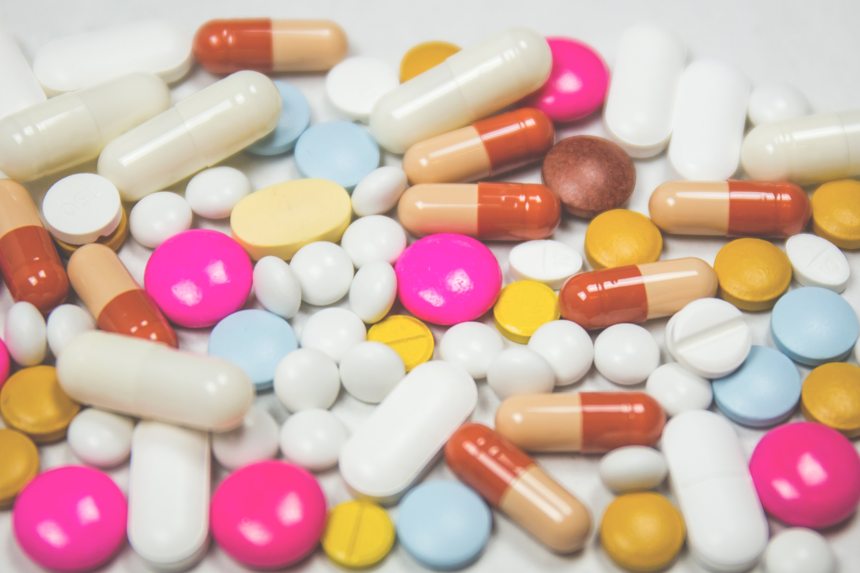According to a forecast by Quintiles IMS Holding, global spending on prescription medicines will reach nearly $1.5 trillion by 2021. Reuter reported in December last year, that figure, based on wholesale pricing, is up nearly $370 billion from estimated 2016 spending. One of the major drivers of the growth, according to the report, is narrowing the gap in medicine usage between developed and developing markets.
A recent research from BMI Research suggests, Bangladesh's pharmaceutical market will continue to post relatively high growth rates in 2017, an estimated +11.1% in local currency terms and +8.1% in US dollar terms from BDT 190bn (USD 2.4bn) in 2016 to BDT 211bn (USD 2.6bn) in 2017. by 2020 the market is estimated to be USD 3.369bn.
The Pharmaceutical industry is one of the most dynamic and technologically advanced industries in Bangladesh. Imports are restricted for locally manufactured drugs giving the industry protection from external competition.
Over the past decades, it has seen phenomenal growth, currently contributing to almost one percent of GDP and is expected to grow significantly in the coming years. Bangladesh is experiencing a consistent increase in healthcare expenditure, mostly out of pocket, which currently stands at almost three percent of GDP. Estimates suggest the domestic market will grow further in the coming years.
This overview is prepared based on the available secondary data. Data sources used to prepare this story are DGDA, export.gov, BMI research, Bangladesh pharmaceuticals, and healthcare services report and Quintiles IMS among others.
-
- Bangladesh pharmaceuticals industry is controlled by two regulatory bodies: Directorate General of Drug Administration (DGDA) and Pharmacy Council of Bangladesh (PCB).
- DGDA is the national drug regulatory authority under Ministry of Health and Family Welfare and regulates all activities related to import and export of raw materials, packaging materials, production, sale, pricing, licensing, registration of all kinds of medicine.
- PCB was established under the Pharmacy Ordinance Act in 1976 to control the pharmacy practice in Bangladesh. They have put restrictions on the production of 1,700 non-essential or harmful drugs and strict price controls on some 117 principal medicines.
- Bangladesh currently has around 150 pharmaceutical companies in operation
- The top 20 companies generate 85 percent of the revenue.
- According to export.gov, the top ten manufacturers by share of market revenue are as follows: Square (19 percent), Incepta (9.5 percent), Beximco (9 percent), Opsonin (5 percent), Renata (4.9 percent), Eskayef (4.7 percent), ACI (4.3 percent), ACME (4.1 percent), Aristopharma (4 percent), and Drug International (3.7 percent)
- About 90 percent of market share is dominated by local manufacturers dominate the industry while multinationals hold 10 percent.
- Bangladesh pharmaceutical industry satisfies 97% of domestic demands and the rest 3% of drugs are imports. Imports are restricted for drugs that are locally manufactured and available.
- Bangladesh pharmaceutical industry mostly produces generic drugs, in fact, Bangladesh is now a hub for affordable and high-quality generic medicines. About 85 percent of the drugs sold in Bangladesh are generic and 15 percent are patented drugs.
- Bangladesh manufactures more than 450 generic drugs for 5,300 registered brands, which have 8,300 different forms of dosages and strengths.
- 30 pharmaceutical companies export to 113 countries. Not only tablets, capsules, and syrups but also specialized products like HFA inhalers, CFC inhalers, suppositories, nasal sprays, injectable, IV infusions are exported from this industry
- Free from the obligations to implement patents and data protection for pharmaceutical products until 2033.
- According to EPB, Bangladesh exported $37.9 million (about Tk.3.0 billion) worth of drugs in the fiscal year 2015 -2016 (EPB)
- In an industrial park, which is situated at Baushia, Gajaria, Munshiganj and will cost 4.39 billion BDT, 42 Active Pharmaceutical Ingredients manufacturing industrial units will be set up there.
- Sales of generic drugs in Bangladesh is estimated to reach BDT 30,300 crore by 2024.
- Generic drugs exported from Bangladesh amounts to 25% of the worldwide pharmaceutical sales.
Photo by freestocks.org on Unsplash

